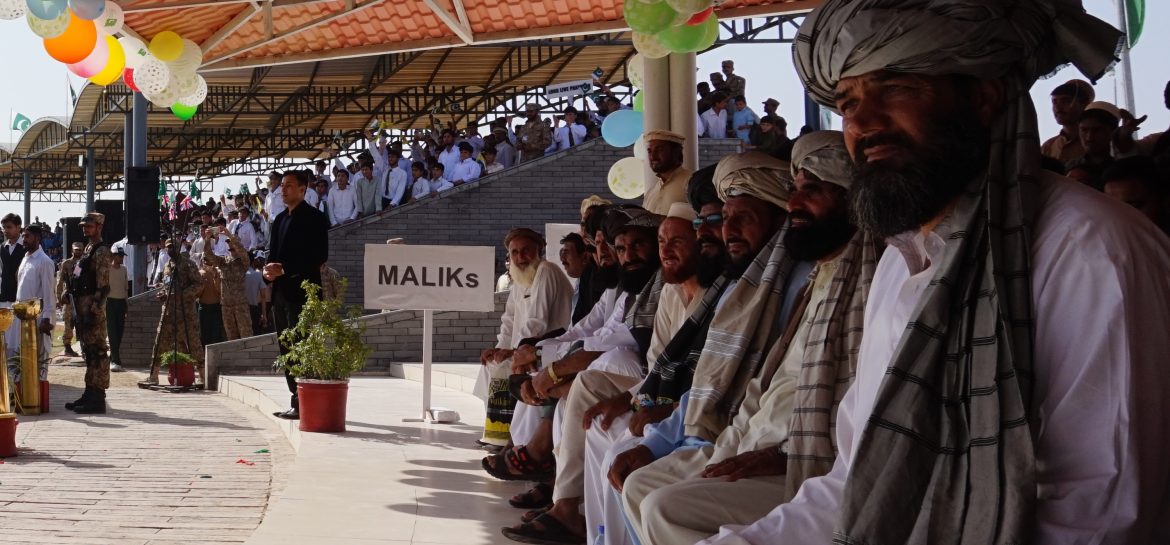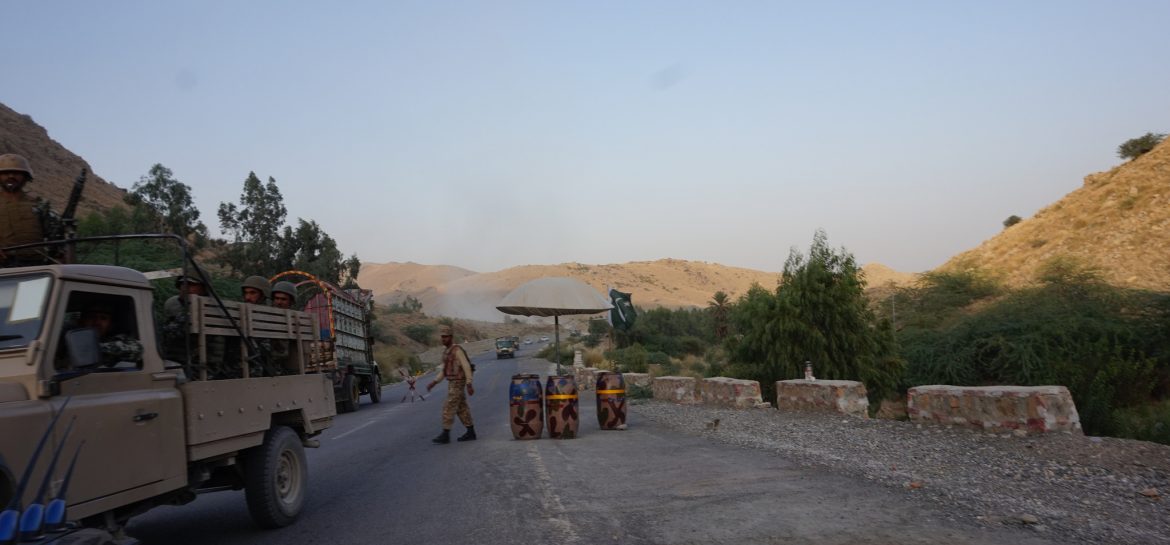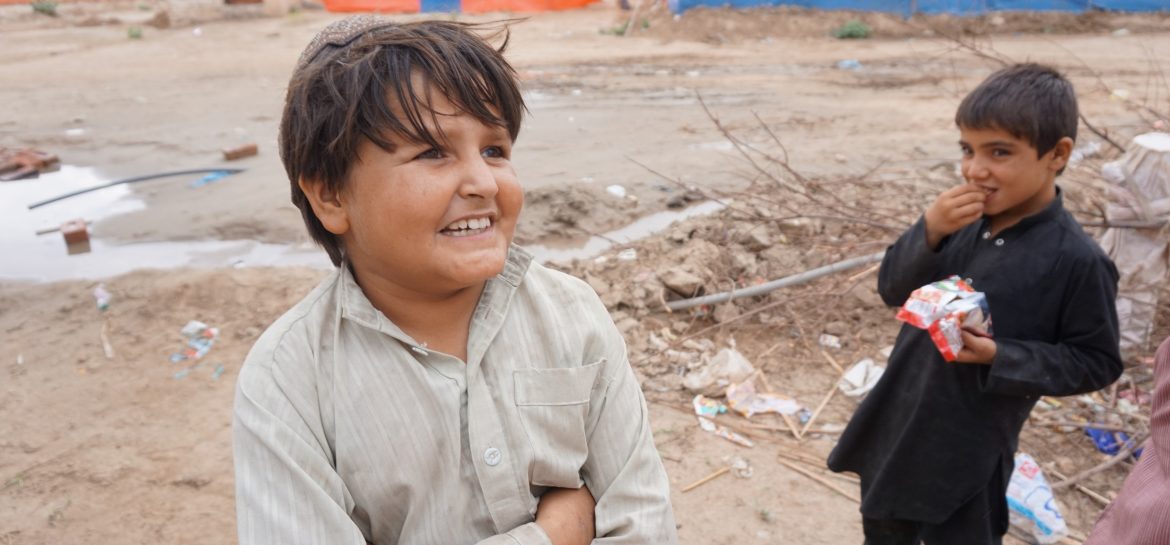For The Nation: Miram Shah, North Waziristan—On a sweltering August afternoon in the Pakistani city of Bannu, Malik Ghulam takes a phone call from a relative in Afghanistan. Ghulam is one of the younger elders of the Madakhel, a clan of the Wazir tribe whose members have property on both sides of the Durand Line, the de facto Afghanistan-Pakistan border. The phone call leaves him worried: Someone is crossing the border from Afghanistan onto his tribal land and harvesting pine nuts, one of the few…Continue Reading “In Pakistan’s Tribal Areas, Collective Punishment Is the Law of the Land”
For Foreign Affairs: On June 28, Naghma, a 13-year-old girl living in Pakistan’s Federally Administered Tribal Areas, was taken by her uncle and five other relatives to an empty room in a house nearby and shot five times with an AK-47. She had apparently brought shame to the family by trying to run away with a young man from her neighborhood and one of his friends. Although her murder was but one of the thousands of “honor killings” that occur in Pakistan each year, it…Continue Reading “How War Altered Pakistan’s Tribal Areas”
For Al Jazeera English with Fakhar Kakakhel: About one million people were forced from their homes by Operation Zarb-e-Azb a year ago – and few are able to return. Bannu, Pakistan – “I have no hope of going back,” says Farhadullah, 35, who fled Mir Ali with his five children last June ahead of Operation Zarb-e-Azb, Pakistan’s offensive against armed groups in North Waziristan. “They keep lying, they keep saying we have cleared the area, they keep saying we will get the [internally displaced persons]…Continue Reading “Pakistan’s war and loss of hope for those displaced”
For The Daily Beast with Fakhar Kakakhel: PESHAWAR, Pakistan — Half a dozen men sit on the floor in a grimy rented storefront in the crowded Khyber Bazaar. A bottle of locally brewed liquor chills in a water cooler in the corner, a Pepsi bottle next to it for mixing. A Bollywood soundtrack plays in the background. It’s a farewell party for Allah Noor, who has spent the last five years identifying targets in rural Pakistan for U.S. drone strikes. Noor, as we’ll call him,…Continue Reading “Obama’s Deadly Informants: The Drone Spotters of Pakistan”
For IRIN News, with Fakhar Kakakhel: PESHAWAR, 16 June 2014 (IRIN) – More than 60,000 people have fled North Waziristan Agency to safer parts of Pakistan and neighbouring Afghanistan as Pakistan’s military launches an offensive in the region. Most of the people fleeing are children, and mental health experts are concerned that they will not have access to proper trauma care. The Pakistani authorities have yet to set up camps to shelter the displaced, and what little mental health aid is available – usually at…Continue Reading “Pakistan’s traumatized war children play soldiers and Taliban”
For Al Jazeera: Tribes in Pakistan’s FATA region are struggling to repeal a colonial-era, collective punishment law. When armed men blew up a power station in Mohmand Agency two years ago, security forces came to the local press club and arrested Saeed Badshah and a fellow journalist. “The power station was near my home,” Badshah explained, “so under the collective responsibility clauses of the Frontier Crimes Regulations, we were detained until the culprits were produced by residents”. Badshah was lucky – authorities released him within…Continue Reading “Pakistan’s FATA: Lawless no more?”
For the Christian Science Monitor: Despite the Pakistani Taliban’s recent deadly attack on 10 foreign climbers, many Pakistanis still want to hold talks with the group to end a decade long conflict that has killed more than 50,000 people, mostly civilians. Pakistan has a broad consensus in favor of talking to the Taliban. A May 2013 Pew survey found only 35 percent support using the military against the Taliban, and 64 percent saw the US as more of an enemy than a partner. Anecdotal evidence…Continue Reading “Pakistan wants to talk to its Taliban, but doesn’t know what to say”
For the Christian Science Monitor: The Pakistani government is working with the US to make sure a key ingredient for bombs stays away from insurgents in Afghanistan, but that effort may be having an unintended casualty. Read more here.


